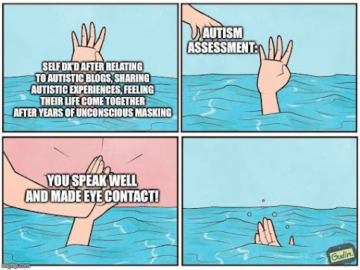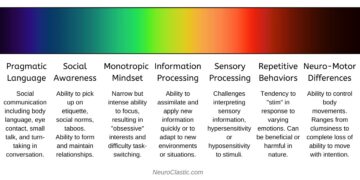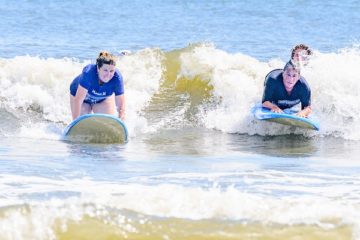by Barbara Fischkin

Since its debut in 2013, I have been a fan of “By the Book,” a “Q and A” feature, in The New York Times Book Review. Google AI describes it as a look into “select authors’ reading habits and favorite books.” I’d always been so eager to read the text, that it was only recently I noticed the pun in the title. A word play on a phrase I had used umpteenth times to push sales, after the first of my three books was published in 1997. Duh.
Late last year one of those “select, authors did a slight stumble over the often-posed question about who to invite to a literary dinner party. He said he had been reading the feature for years—which I took as a big hint that he had long hoped to be a subject one day. I don’t know any writers who wouldn’t jump at the chance, myself included.
For me, one major problem: My last book was published in 2006, seven years before this feature appeared. Like many writers, my heart and soul are joyous about my successes yet tainted with bitterness and blame. In regard to my lack of a fourth book, I blame the editor—and supposed friend—who refused to acquire an in-depth look at the children of the autism surge growing into adulthood, as was my elder son. A similar tome, written by Washington insiders, was a Pulitzer prize finalist. With a little less bite, I blame the handful of non-writers with great stories, who chickened out when it came to partnering with me to write their books. To be fair they did this after editing, book proposals and early chapters were written—and after they paid me for my work. But when it came to publicly telling their stories, they got cold feet.
Most of all, though, I blame my current obscurity on myself and on a manuscript-creature titled The Digger Resistance. My yet unborn historical novel. Read more »

 There are a few ideas I’ve seen floating around on social media about people with Autism Spectrum Disorder (ASD) having no empathy, no Theory of Mind, and being in need of
There are a few ideas I’ve seen floating around on social media about people with Autism Spectrum Disorder (ASD) having no empathy, no Theory of Mind, and being in need of  What is ASD? C.L. Lynch at
What is ASD? C.L. Lynch at 

